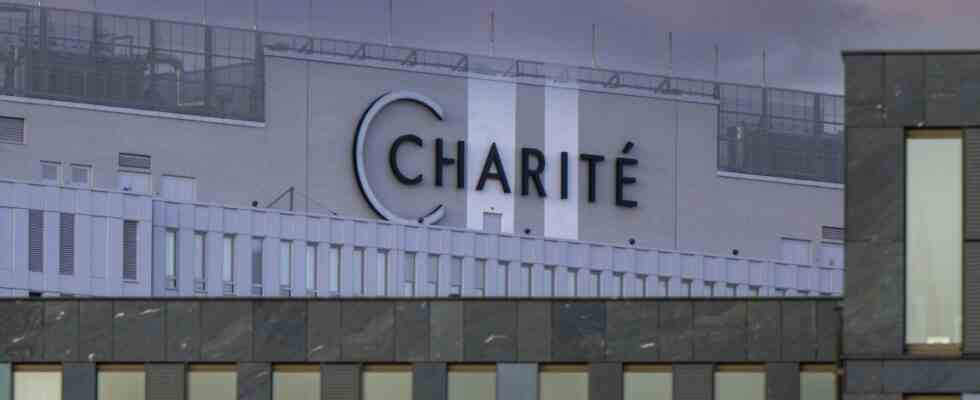Scientists from the Institute for Virology at the Berlin Charité have withdrawn a much-criticised scientific publication on the evolution of the corona variant omicron. The statements made in it are “no longer verifiable without reasonable doubt”, announced the Charité on Tuesday. A review of the underlying test samples revealed that some of them were contaminated.
Since then, this has been commented on with some malice on social media because Christian Drosten was involved in the study. The director of virology at the Charité has become a hate figure for opponents of the corona measures during the pandemic. Drosten’s contribution to this work, in which a total of 88 authors from several countries were involved, was “only small”, said the lead author of the study, Jan Felix Drexler. The virologist regretted that the publication was incorrect. “We made a mistake and it’s bitter”, Drexler told science magazine Sciencewhich published the now withdrawn study at the beginning of December.
The study was criticized early on by peers
In the work, the researchers had put forward a surprising thesis. After analyzing more than 13,000 samples from Covid-19 patients from 22 countries, they postulated that the omicron variant in Africa had developed gradually and over a longer period of time – well before the first detection in November 2021. International scientists assumed that omicron emerged from an immunosuppressed person, for example an AIDS patient, or jumped from the animal kingdom to humans. The SZ also reported on the work of Drexler’s team at the time.
However, shortly after its publication, the Charité study raised doubts. “I’m not convinced,” wrote Richard Neher, an expert on virus evolution at the University of Basel, on Twitter. Some of the samples described contained mutations of both the delta variant of the coronavirus and the omicron variant. Contamination is a more likely interpretation for this, according to Neher.
The Charité researchers took these and similar comments to heart. Because of the criticism on social media, they checked their data again, they write in the notice withdrawing their paper. They found out that a mix of different corona viruses had actually contaminated some of their samples. Since the samples have now been used up, they cannot repeat their analyzes and are therefore withdrawing their work.
It is unusual for a scientific work to be withdrawn so soon after its publication. “The researchers are thus fulfilling their responsibility for good scientific practice, to which the Charité and the international team of authors feel committed,” writes the Charité in its press release. The editor-in-chief of Science expressed his regret that the problems with the study were only discovered after publication and not during the peer review process that occurs before the publication of a scientific publication. “We accept that it is our responsibility that this was not discovered during the review process.”

